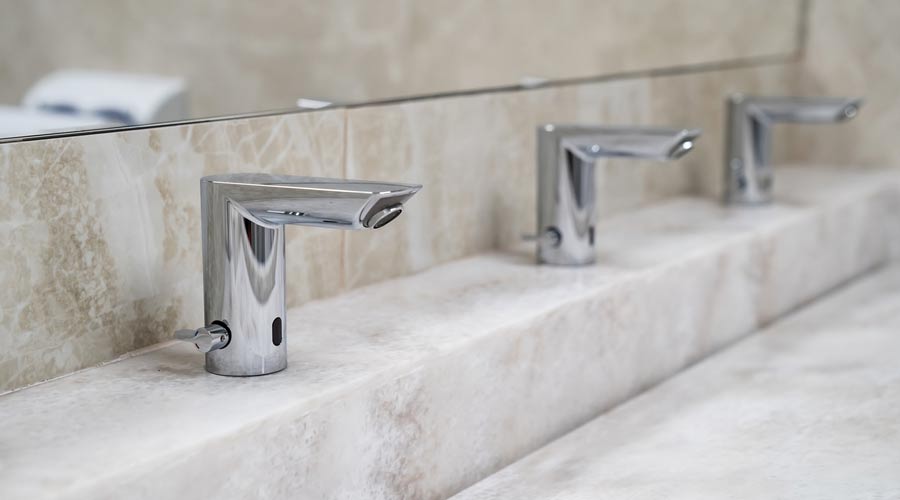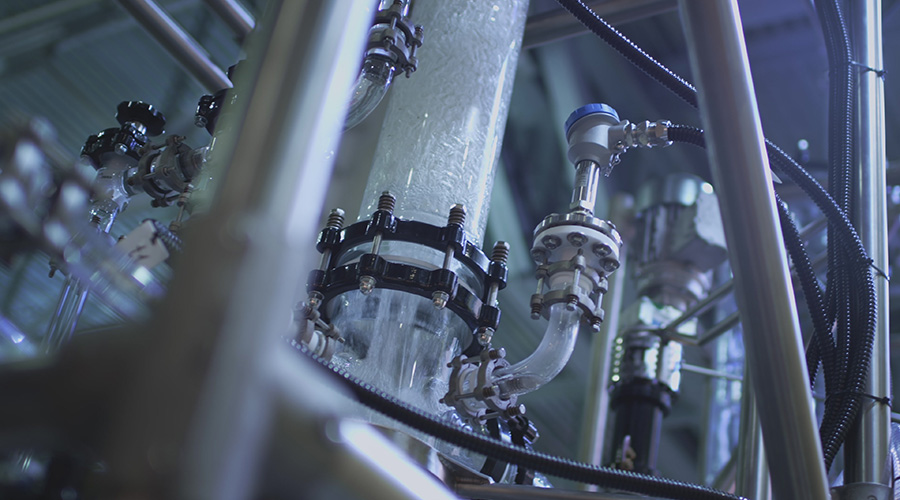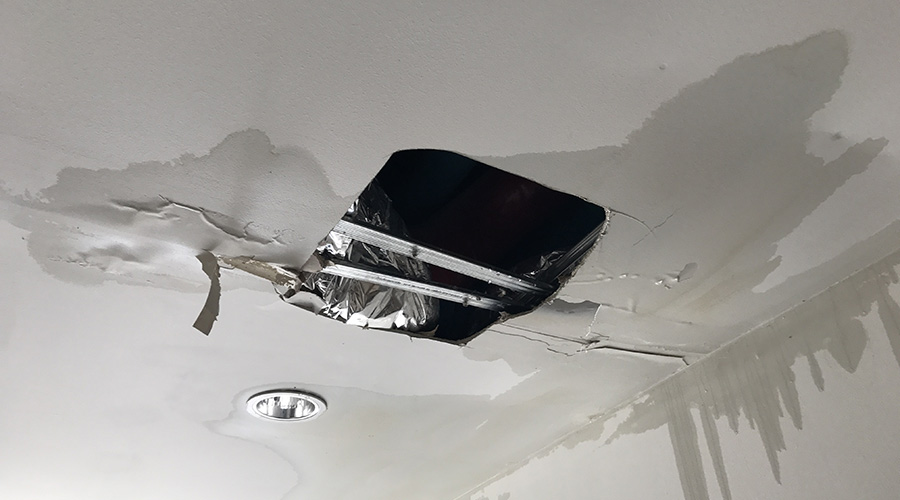Assess Piping System, Technicians Maintaining Them
Next, managers can assess the entire piping system, as well as the skills of technicians maintaining them.
"Another big factor is the size of the pipe that needs cleaning," Schaeper says. "What type of piping do they have? Is it cast iron? If it's a college, you're going to have kids flushing stuff down the toilets that should not be going down there. You need to look at the nature of the facility — what types of risks there are for drain obstructions?
"You also have to look at the skill of the employee — whether or not they know how to run these machines. You have machines that are easier to learn how to use and require less training than some of the other ones. If they've been in these facilities a long time and have had to clear the drains and perform maintenance on them, what types of risks for certain blockages do they commonly encounter?"
Manufacturers stress the importance of ensuring technicians understand proper operation and safety procedures for drain-cleaning equipment.
"While drain cleaning isn't rocket science, certainly using the machine correctly for the proper job will reduce the risk of damage, downtime, and injury," Silverman says. "Many manufacturers have instructional videos on their websites. The newest tools have a QR code so people can watch the instructional video or read the instructions on a smartphone or iPad while they're using the machine."
Managers also can tap into their department's work-order databases to determine the most appropriate types of equipment for the system's specific needs.
"Review repair records to see if the same drain is clogging over and over again," Silverman says. "It may be more cost-efficient to replace old, troublesome plumbing with a newer device. But first, have a contractor run a camera through the line to see what's really going on inside. If the facility is large enough, a manager might be able to justify purchasing their own camera system, rather than calling the contractor repeatedly."
Related Topics:














